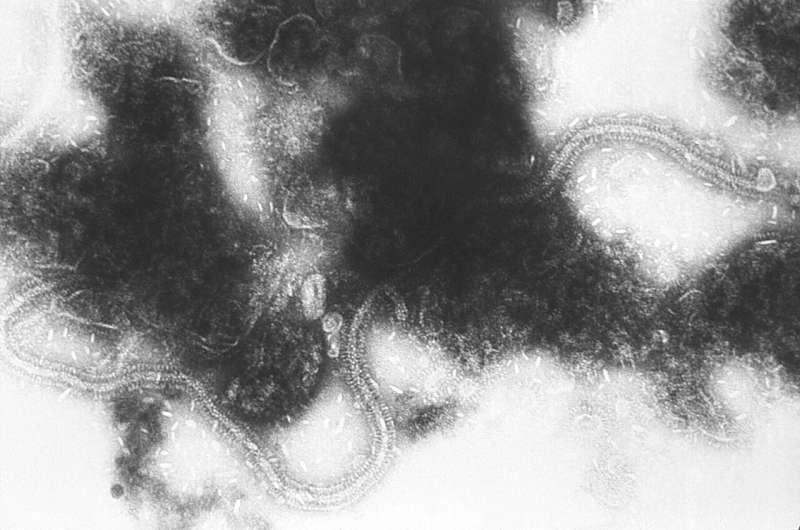U.S. Panel Endorses New RSV Antibody Treatment for Children Amid Administrative Changes

An advisory panel has recommended a new antibody treatment for RSV in infants, marking a significant step in pediatric respiratory illness prevention amidst recent public health leadership changes.
A medical advisory panel convened by Health Secretary Robert F. Kennedy Jr. has recommended the use of a new antibody therapy to combat respiratory syncytial virus (RSV), a common and potentially serious respiratory infection that frequently results in hospitalization among infants in the United States. This recommendation comes amidst significant changes in the advisory committee’s composition, following Kennedy's decision earlier this month to replace the previous independent members with his own appointees, casting scrutiny on the panel's decisions.
The panel's vote is historic as it marks the first decision by the Advisory Committee on Immunization Practices (ACIP) after these personnel changes. The recommended treatment, marketed as Enflonsia by Merck and based on the recently approved drug Clesrovimab, was evaluated for its safety and effectiveness in reducing RSV infections and hospitalizations in infants. Approved by the Food and Drug Administration (FDA) for newborns and young babies experiencing their initial RSV season, this antibody treatment aims to provide additional protection.
The panel was tasked with determining whether the antibody should be recommended for infants under eight months old entering their first RSV season, particularly for those not already protected by maternal vaccination during pregnancy. The panel's decision was largely in favor, with a 5-2 vote.
Among the dissenters were Retsef Levi, a professor at MIT known for questioning COVID-19 vaccine safety, and Vicky Pebsworth, a nurse and member of the anti-vaccine group NVIC. Levi expressed concerns about the readiness and safety of administering the treatment to all healthy infants, advocating for a more cautious approach. Pebsworth chose not to comment publicly, though the NVIC has previously opposed similar RSV antibody treatments.
The decision underscores ongoing debates about vaccine and antibody use in infants, especially in the context of recent administrative and policy shifts within public health agencies. The move by Kennedy to overhaul the advisory committee has attracted attention, raising questions about the independence and transparency of future immunization policies.
This development highlights the evolving landscape of pediatric respiratory disease prevention and the impact of leadership changes on public health decision-making. For more details, source: MedicalXpress.
Stay Updated with Mia's Feed
Get the latest health & wellness insights delivered straight to your inbox.
Related Articles
Reevaluating the Cancer Risk of GLP-1 Receptor Agonists: What the Latest Research Shows
Recent studies suggest GLP-1 receptor agonists may lower overall cancer risk, but the evidence is mixed regarding specific cancers like kidney cancer. Learn about the latest findings and their implications for health.
Managing Antihypertensive Medications Around Non-Cardiac Surgery to Improve Outcomes
Emerging evidence suggests that continuing ACE inhibitors and ARBs before and after non-cardiac surgery can reduce postoperative mortality and functional decline, improving patient outcomes.



